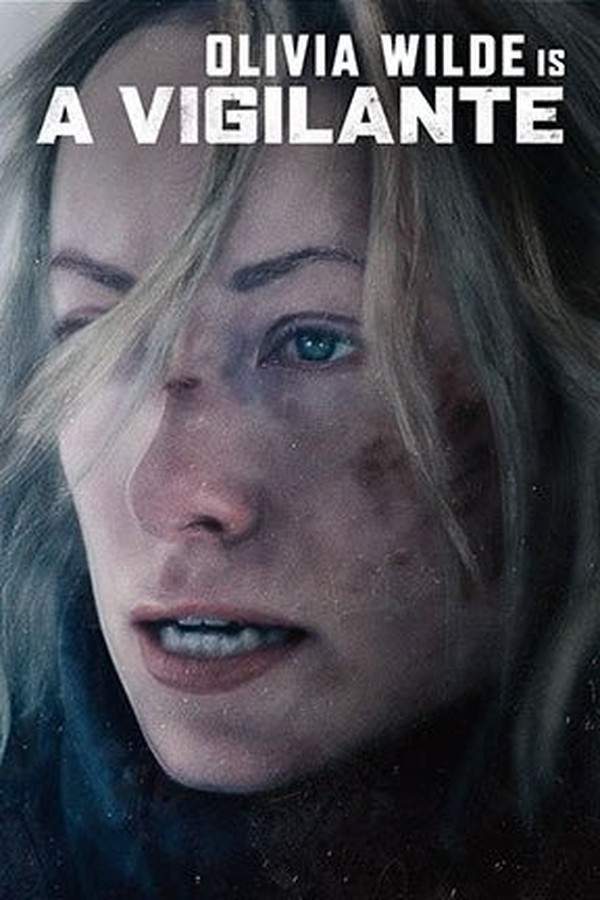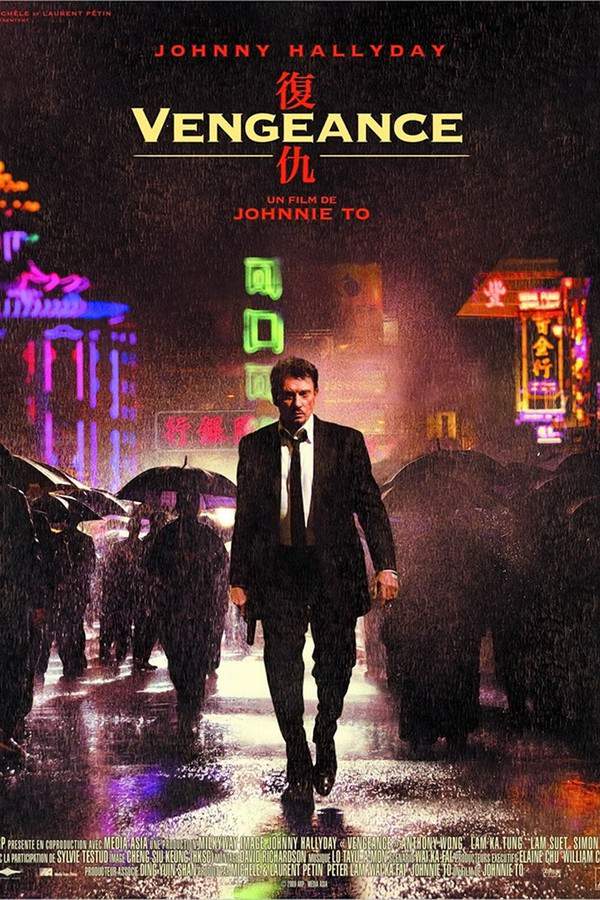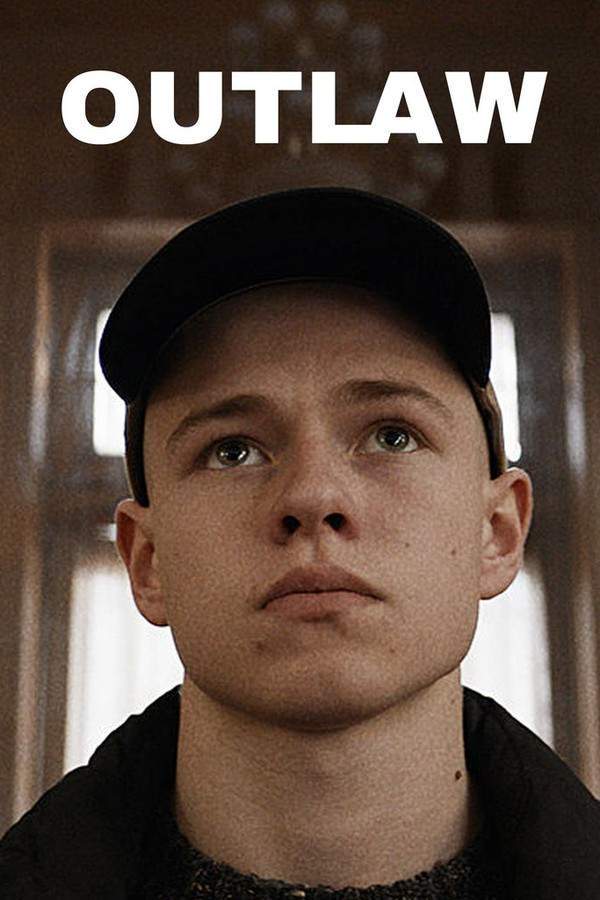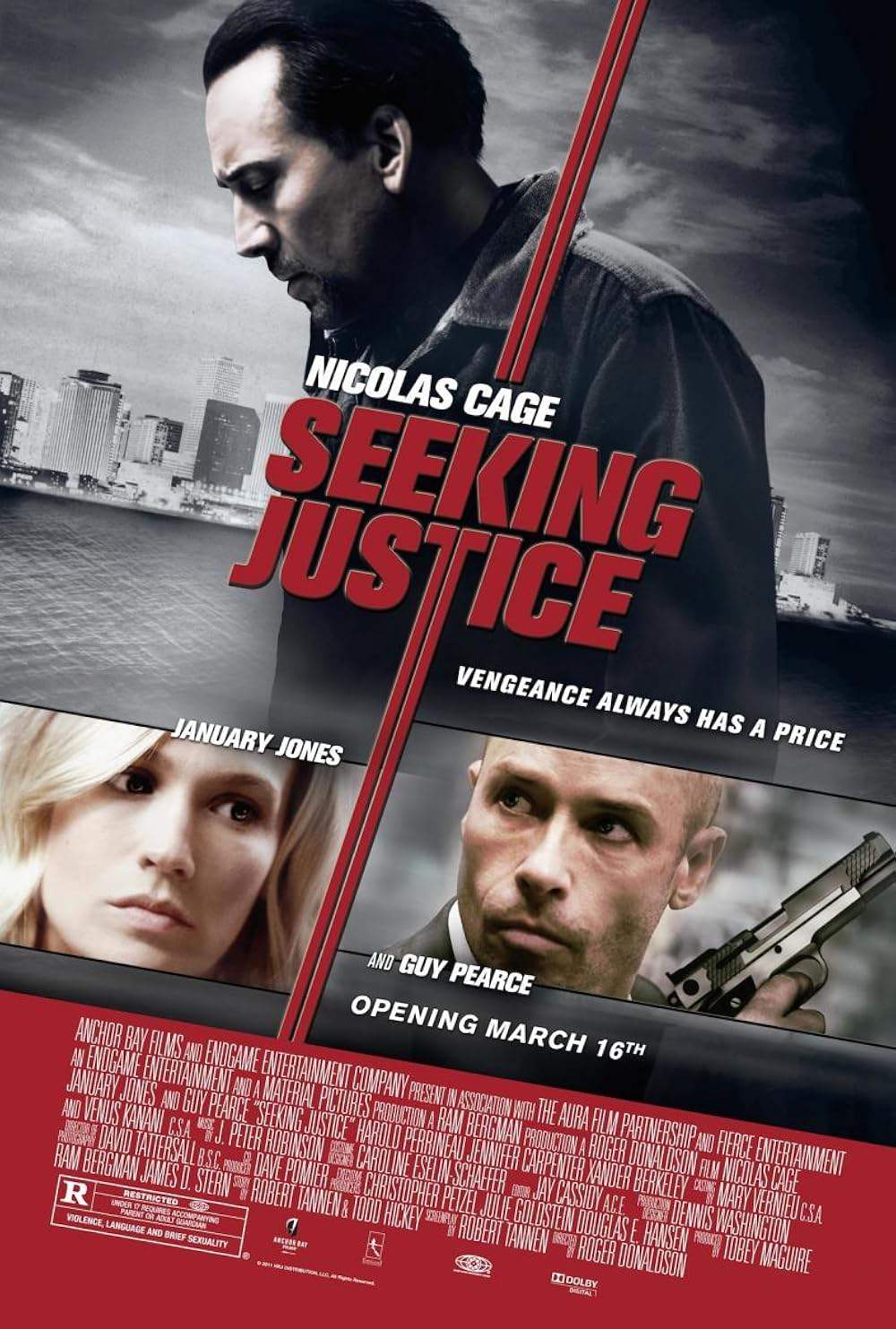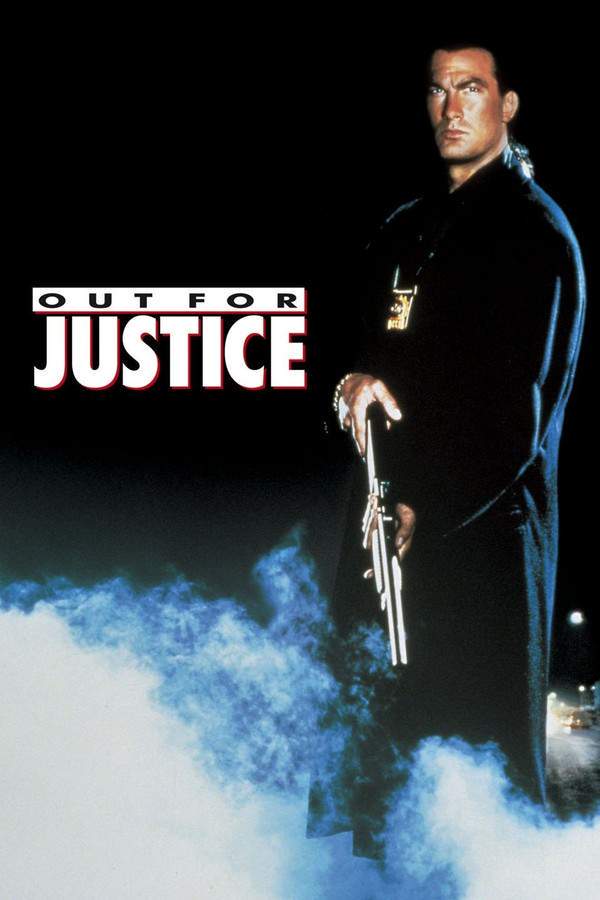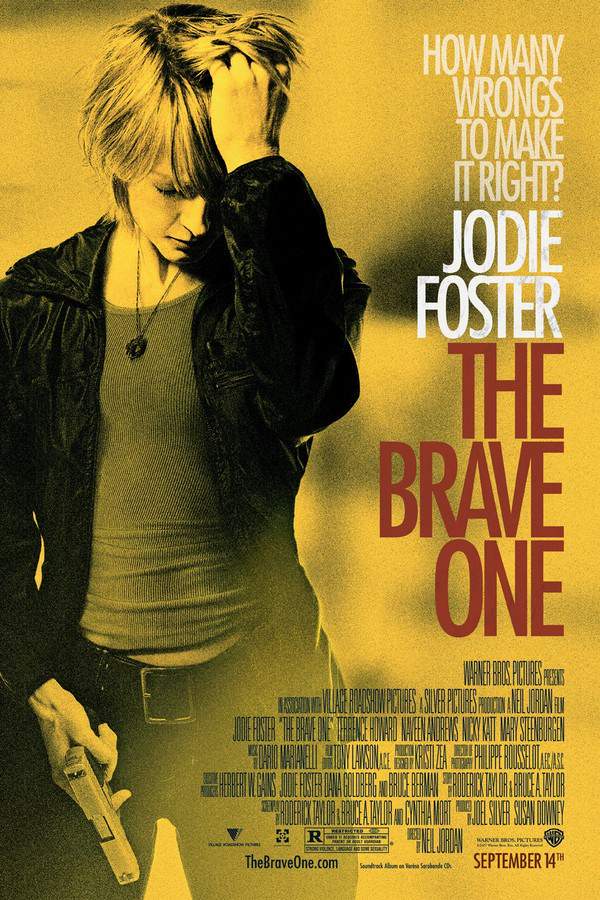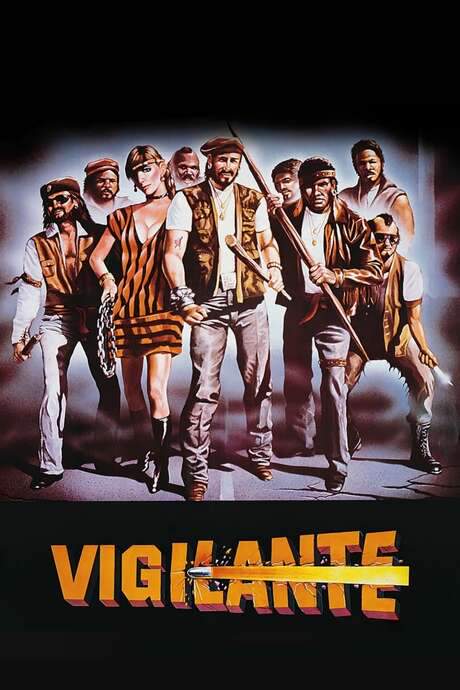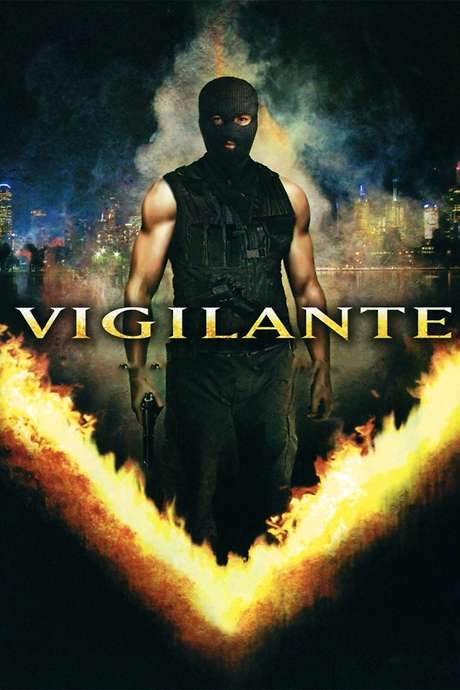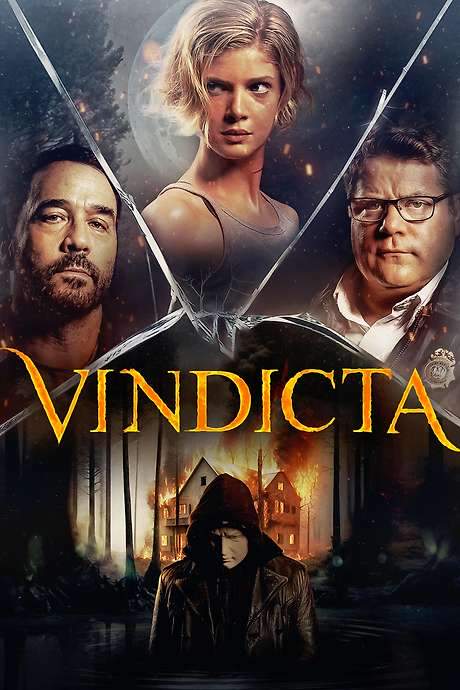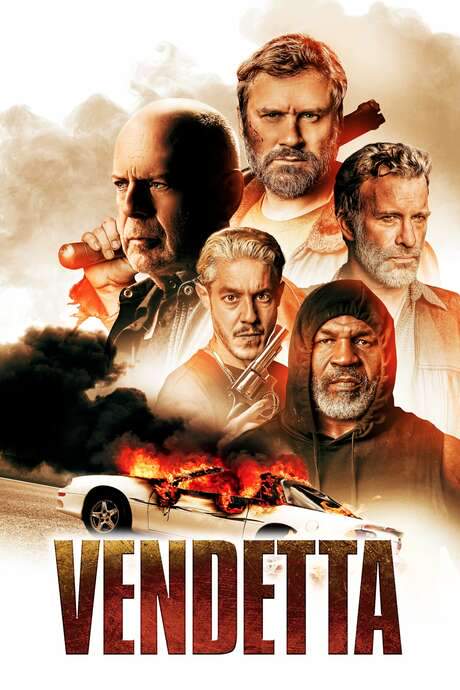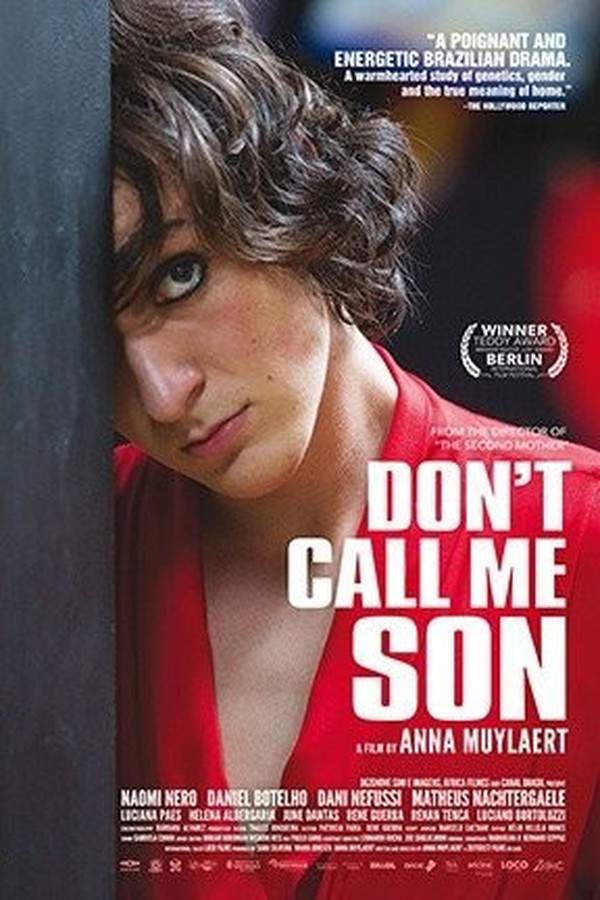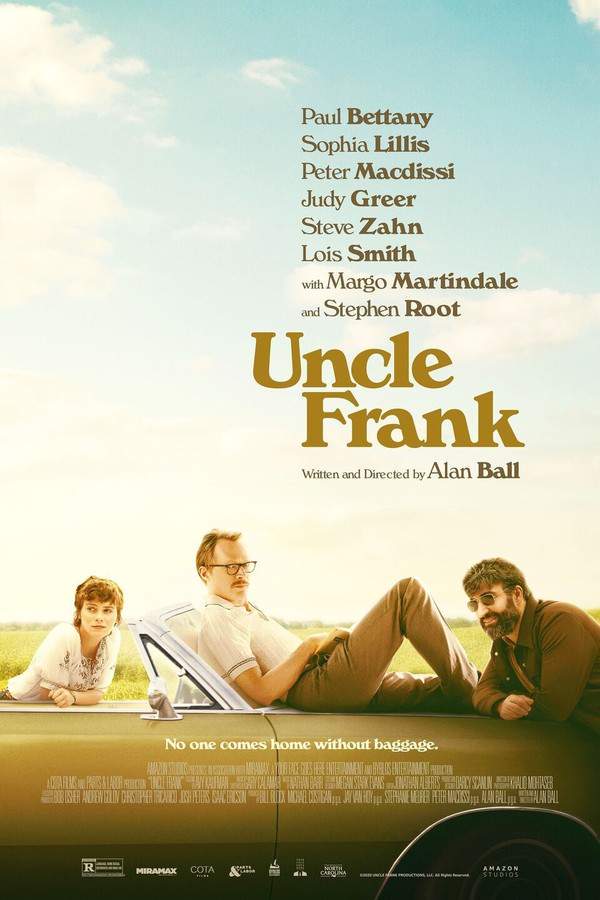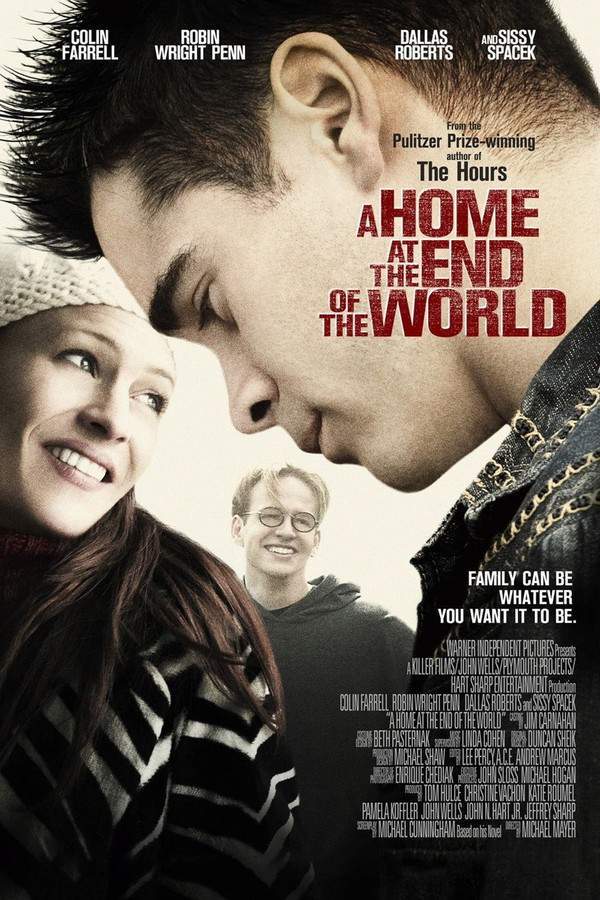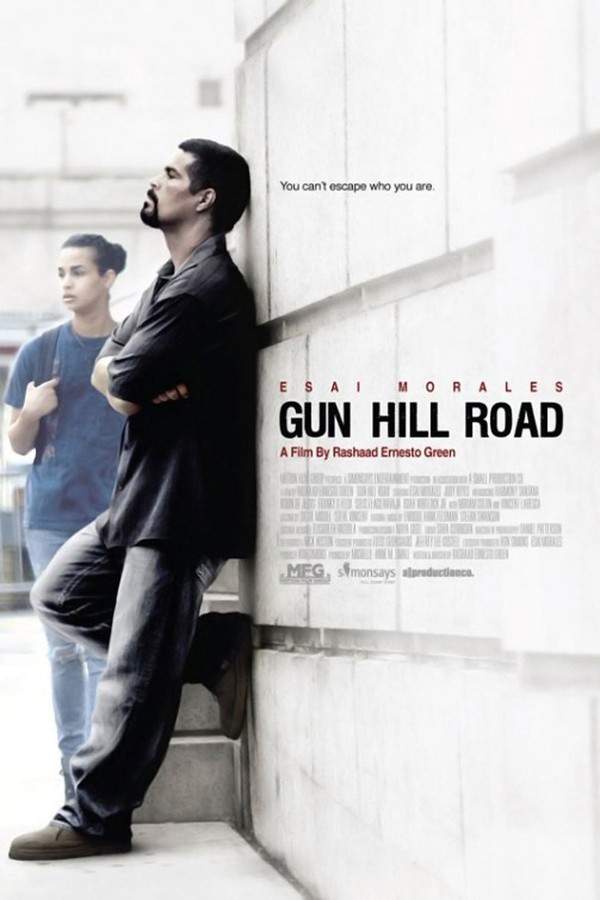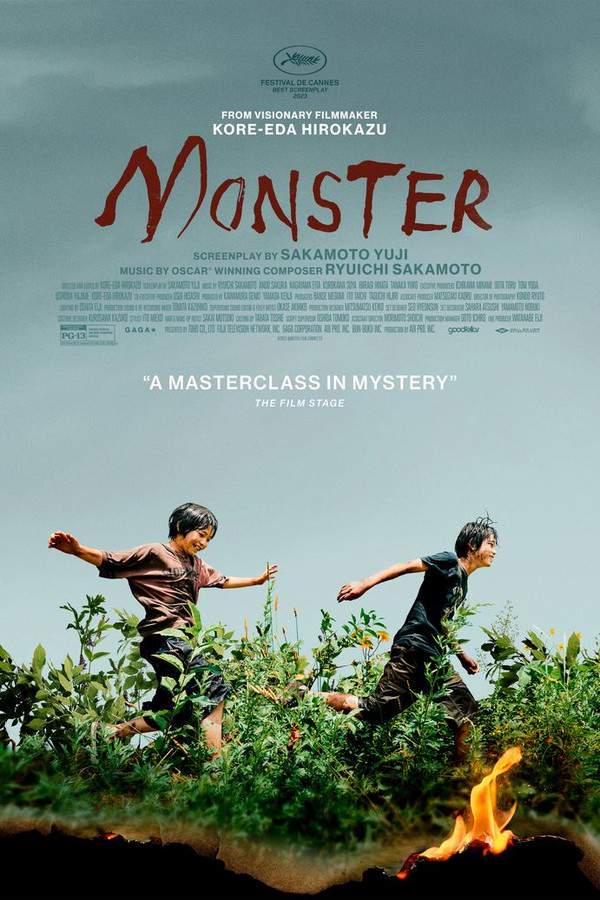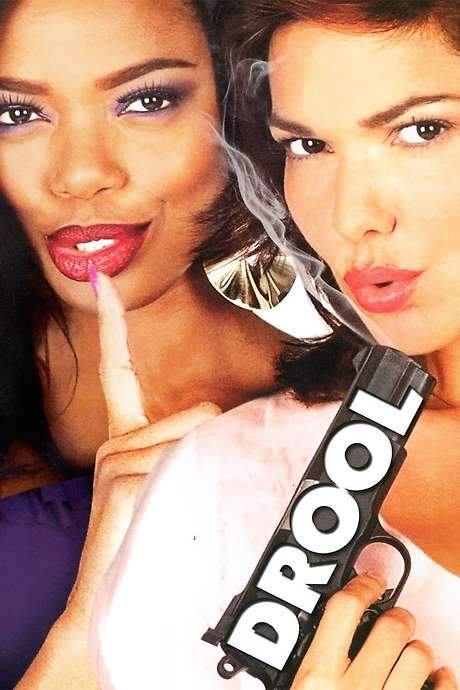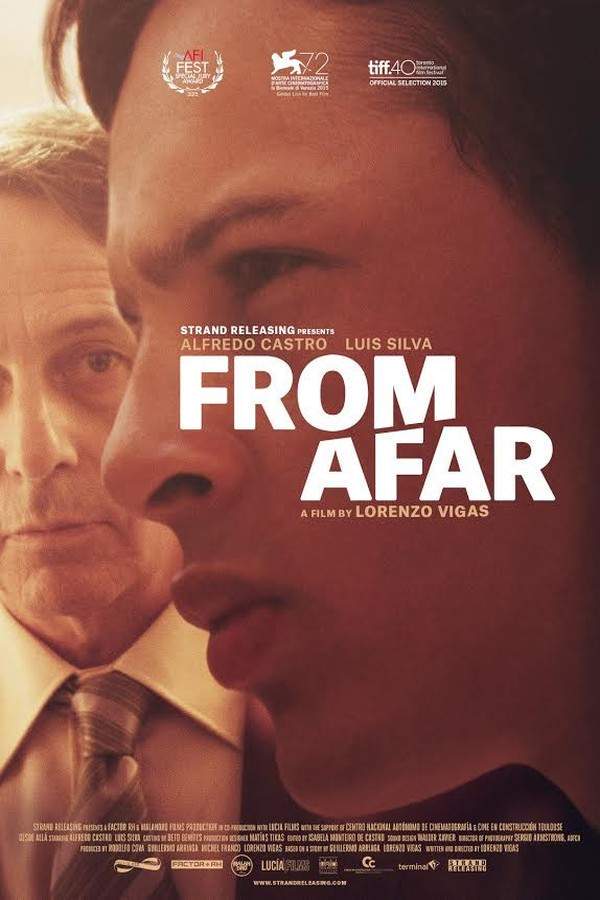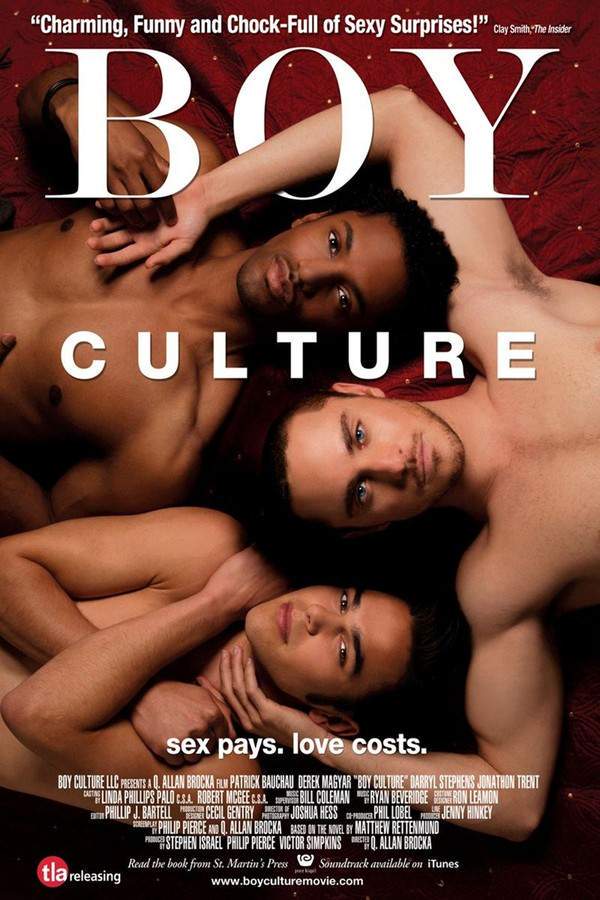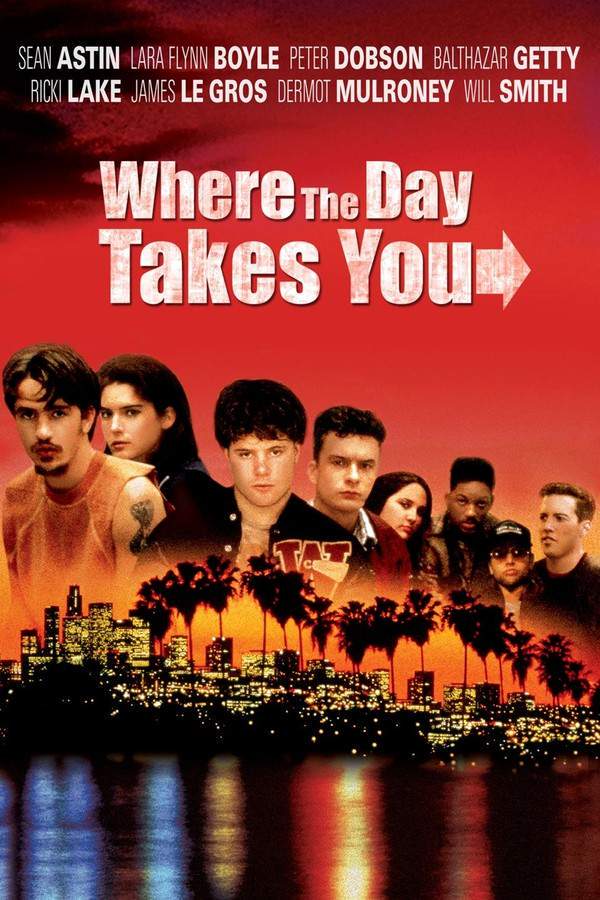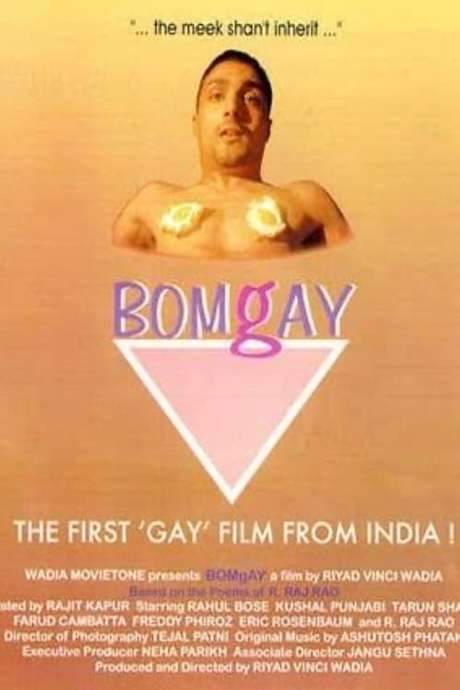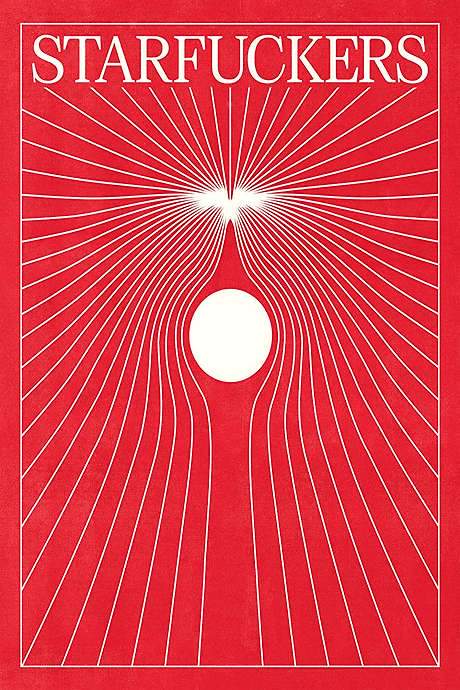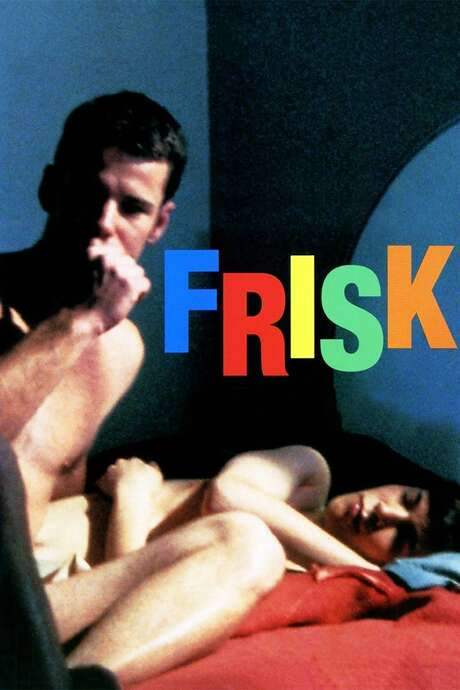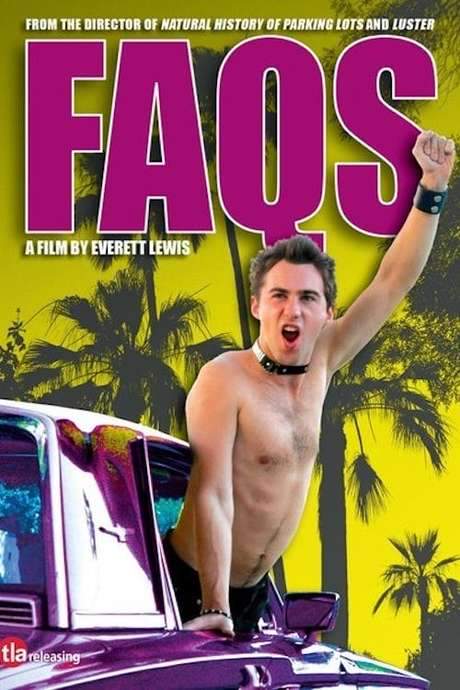
FAQs
Year: 2005
Runtime: 90 mins
Language: English
Director: Everett Lewis
Budget: $250K
From the director of Natural History of Parking Lots and Luster, the film follows India, who after surviving the harsh streets of Los Angeles, vows that every gay basher will encounter his fate. That fate arrives as a towering, six‑foot, black drag queen who wears high heels, carries a gun, exudes attitude, and harbors a soft spot for homeless gay boys.
Warning: spoilers below!
Haven’t seen FAQs yet? This summary contains major spoilers. Bookmark the page, watch the movie, and come back for the full breakdown. If you're ready, scroll on and relive the story!
FAQs (2005) – Full Plot Summary & Ending Explained
Read the complete plot breakdown of FAQs (2005), including all key story events, major twists, and the ending explained in detail. Discover what really happened—and what it all means.
After filming a porn video and being ripped off by the producer Arthur Roberts, Quentin [Joshua Paul] meets a street hustler, and together they stumble into a perilous night. Moments later, they are chased by a pair of gay bashers, and the two lovers split up, fleeing through crowded streets and neon-lit back alleys. The bashers close in, until a surprising sight stops them: India [Joe Lia], standing with Destiny, a vigilante African American drag queen who trains a wary eye on the danger and calmly points a gun at their pursuers. Destiny then vandalizes the Jeep and removes a coat from one of the attackers, signaling that she will not wait for trouble to come to her. She invites the homeless India to come stay, and he accepts, stepping into a world where shelter comes with new, uncertain loyalties. There he meets Lester [Minerva Vier], a young lesbian who has become another of Destiny’s “orphans,” offering companionship and a different perspective on the makeshift family Destiny has built.
The next morning, India learns that Destiny is a porn director, and a wave of panic sweeps over him. He confesses the earlier theft and his desire to confront the producer, and Destiny asks if he truly wants to kill him. His answer is yes, but it also feeds a more expansive, troubling wish: that he could destroy the entire straight world. He heads to the producer’s home with a gun, only to find the weapon unloaded when he pulls the trigger, a stark reminder of the limits—and dangers—of vigilantism.
Days later, as they plot strategies to destabilize the social order, Destiny, India, and Lester cross paths with Spencer [Lance Lee Davis], a graffiti artist who calls himself a bomber. They welcome him into their circle, and after a night of shared stories, Spencer and India discover the basher’s address in a coat pocket, prompting a new resolve to confront him. They form a fragile alliance that hinges on trust and the belief that collective action can rewrite what feels like an inevitable violence.
On the way to confront the basher, Destiny is warned by Officer Vic Damone [Vince Parenti](/actor/vince-parenti) about a rise in roving vigilante groups, including drag queens who patrol the streets. Destiny, sensing a complicated dynamic with Vic, tells him they will be careful, acknowledging that their unconventional family is always watching out for themselves.
A photographer corners Spencer and India in the street, and the two pose together nude on a bed. Spencer, speaking with a raw honesty, recalls the injuries he has suffered at the hands of his parents and other straight people. India tries to comfort him, but Spencer reveals that he no longer feels anything for anyone; nevertheless, India vows to protect him from harm. A seed of tenderness takes root as they lean on one another.
The next morning reveals a startling discovery: a detonator tucked away in Spencer’s backpack. He confesses plans to blow up his parents, leaving India torn between stopping him and understanding the impulse that fuels him. They argue about whether to bash the basher or try to save him, with India embracing Destiny’s belief that many gay bashers are repressed queers who deserve saving rather than punishment.
India returns the basher’s jacket, and the basher, Guy [Adam Larson], admits that he is gay. He reveals a truth about his feelings for his roommate, Quentin, who also experiences a complicated, painful confession about his sexuality. Quentin, grappling with his own truth, has a moment of vulnerability before driving away.
Destiny confesses her feelings to Vic, who reciprocates, creating a charged triangle of affection and loyalty. Vic heads off to work, and Destiny, aware of the fragile lines between love and danger, cautions him to be careful around her “family”—the kids and the friends who have become her own moral compass. A tense encounter follows when Vic passes by as Destiny’s circle—India, Spencer, and Guy—are in view; Destiny recognizes Guy and orders him out, forcing India and Spencer to consider leaving with him. Guy agrees to go, and Destiny, conceding, allows him to depart. India pleads with Destiny to stay, and Destiny finally relents. The trio chase after Guy but fail to locate him in time.
Back at Destiny’s apartment, Guy returns to apologize for the assault, and Destiny accepts him back into the fold. Lester nicknames him “Killer,” a sobriquet that hints at the darker undercurrents just beneath their collective radiance.
As evening plans loom, Spencer reveals that his original plan remains—to blow up his parents. India pleads with him not to go, warning that he may not come back. Destiny’s world of fierce protection is tested as the group navigates fear, loyalty, and the cost of radical acts.
Destiny interrupts another attempt at gay bashing, and she is struck by a basher’s bat before she retaliates with a decisive shot. Vic consoles Destiny, and she warns him to be careful around her “children.” The group shares a string of “police stories,” a dark ritual that strengthens their bond even as it underscores the precariousness of their existence.
In a pivotal confrontation, Quentin arrives at Destiny’s apartment after receiving a message from Guy. He finds Guy in bed with India and Spencer and demands that the trio come with him, offering the stark choice of “straight or dead.” The dynamic explodes into a chorus of conflict and confession: Quentin admits how deeply in love he is with Guy, and Guy’s presence complicates his resolve. As the tension peaks, Quentin raises the idea of ending his own life, but Guy intervenes. They share a kiss, and the moment reframes the night’s tensions into something more fragile and fragilely hopeful.
India, torn between fear and hope, makes one last plea to Spencer not to blow up his parents. Spencer reveals that if he truly wants to destroy them, he will do so with India by his side; if not, he will stay with him. Then, in a quiet, defiant lullaby of their own making, they declare a radical truth: “All we have to do is kiss, because when two guys kiss it’s like a bomb going off in the straight world. Our kisses are louder than bombs.” Spencer admits that he has fallen in love with India, even as he struggles with fear and the sense of being home at last. India reminds him that wherever they are, as long as they are together, they are home. They kiss again, and with each kiss they name a target assaulted by their love, vowing to topple the entire straight world through their bond and their shared courage. > All we have to do is kiss, because when two guys kiss it’s like a bomb going off in the straight world. Our kisses are louder than bombs.
Last Updated: October 09, 2025 at 15:13
Explore Movie Threads
Discover curated groups of movies connected by mood, themes, and story style. Browse collections built around emotion, atmosphere, and narrative focus to easily find films that match what you feel like watching right now.
Vigilante Justice Movies like FAQs
Stories where the oppressed take justice into their own dangerous hands.Explore movies like FAQs where marginalized individuals take a dangerous stand against their oppressors. If you liked the themes of trauma-fueled vigilantism and radical protest in FAQs, these gritty dramas and thrillers share a similar narrative of taking justice into one's own hands.
Narrative Summary
Movies in this thread typically follow characters who have experienced profound personal trauma or systemic injustice, leading them to abandon conventional justice. Their journey is one of escalating risk and moral conflict, often blurring the lines between victim and perpetrator as they confront their antagonists.
Why These Movies?
These movies are grouped by their core premise of marginalized protagonists turning to vigilantism. They share a high-stakes atmosphere, a dark tone rooted in real-world pain, and a focus on the psychological cost of pursuing revenge outside the law.
Movies about Queer Found Families like FAQs
Bonds forged in adversity protect against a dangerous outside world.Discover films similar to FAQs that center on LGBTQ+ found families. If you were moved by the protective bonds between India, Guy, and Quentin, these movies also feature queer characters building their own support systems against a backdrop of urban survival and trauma.
Narrative Summary
The narrative pattern involves isolated or traumatized LGBTQ+ individuals finding solace and strength in a group of their peers. The central conflict often pits this fragile, chosen family against a hostile external world, testing their bonds and forcing them to protect each other at all costs.
Why These Movies?
These films are united by their focus on the formation and resilience of queer found families. They share a heavy emotional weight, a bittersweet tone balancing love with danger, and themes of survival, protection, and radical acceptance.
Unlock the Full Story of FAQs
Don't stop at just watching — explore FAQs in full detail. From the complete plot summary and scene-by-scene timeline to character breakdowns, thematic analysis, and a deep dive into the ending — every page helps you truly understand what FAQs is all about. Plus, discover what's next after the movie.
FAQs Timeline
Track the full timeline of FAQs with every major event arranged chronologically. Perfect for decoding non-linear storytelling, flashbacks, or parallel narratives with a clear scene-by-scene breakdown.

Characters, Settings & Themes in FAQs
Discover the characters, locations, and core themes that shape FAQs. Get insights into symbolic elements, setting significance, and deeper narrative meaning — ideal for thematic analysis and movie breakdowns.

FAQs Spoiler-Free Summary
Get a quick, spoiler-free overview of FAQs that covers the main plot points and key details without revealing any major twists or spoilers. Perfect for those who want to know what to expect before diving in.

More About FAQs
Visit What's After the Movie to explore more about FAQs: box office results, cast and crew info, production details, post-credit scenes, and external links — all in one place for movie fans and researchers.

Similar Movies to FAQs
Discover movies like FAQs that share similar genres, themes, and storytelling elements. Whether you’re drawn to the atmosphere, character arcs, or plot structure, these curated recommendations will help you explore more films you’ll love.
Explore More About Movie FAQs
FAQs (2005) Scene-by-Scene Movie Timeline
FAQs (2005) Movie Characters, Themes & Settings
FAQs (2005) Spoiler-Free Summary & Key Flow
Movies Like FAQs – Similar Titles You’ll Enjoy
From Afar (2016) Story Summary & Characters
Boy Culture (2007) Full Movie Breakdown
Where the Day Takes You (1992) Detailed Story Recap
Gun Hill Road (2011) Full Summary & Key Details
Going Down in LA-LA Land (2012) Movie Recap & Themes
Femme (2024) Story Summary & Characters
Ask Any Buddy (2019) Movie Recap & Themes
Not That Kind of Guy (2020) Full Movie Breakdown
Savage Nights (1992) Spoiler-Packed Plot Recap
BOMgAY (1996) Ending Explained & Film Insights
Starfuckers (2022) Complete Plot Breakdown
Quiet Days in Hollywood (1997) Ending Explained & Film Insights
Pornography: A Thriller (2009) Spoiler-Packed Plot Recap
Love Without Fear (2022) Detailed Story Recap
Frisk (1995) Full Movie Breakdown

